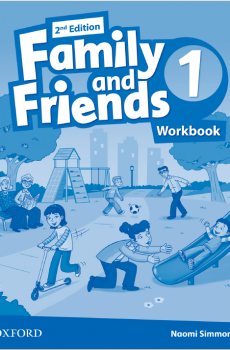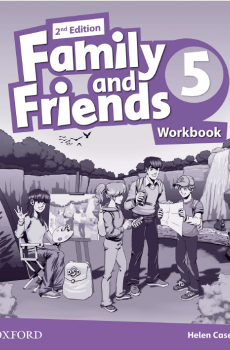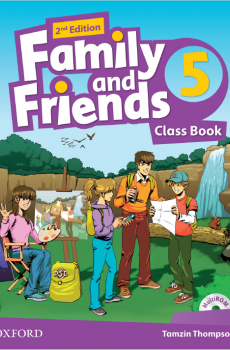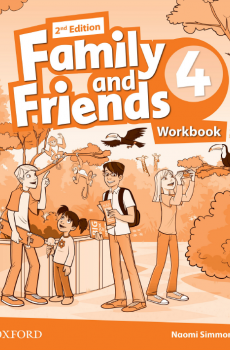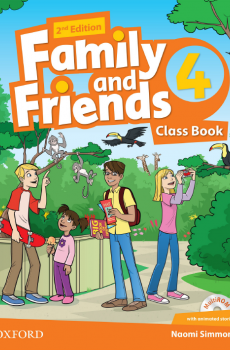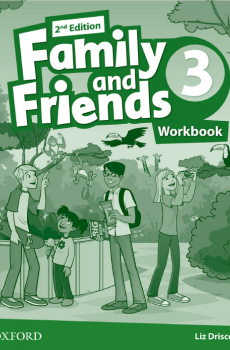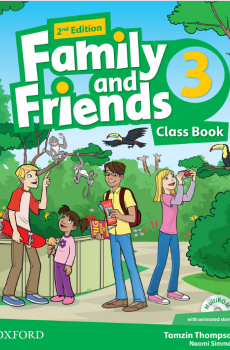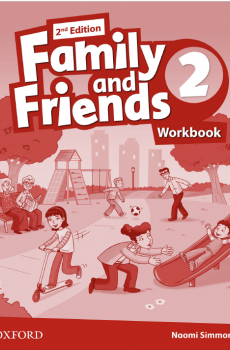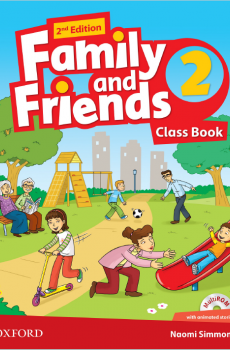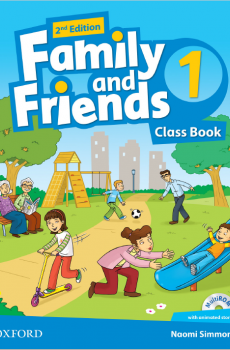Advanced English For Translation (MS 355)
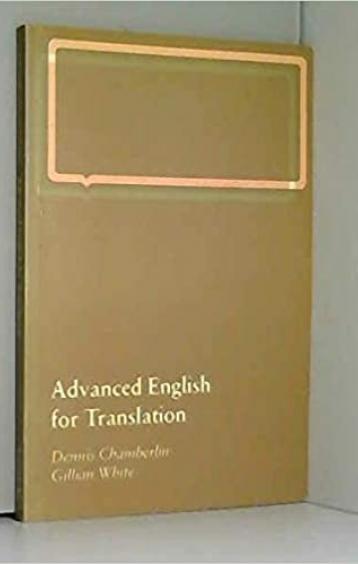
Advanced English For Translation (MS 355)
Log in to download this book.
| Publisher | Chưa rõ |
|---|---|
| Accessible book producer | Sao Mai Center for the Blind |
| Published year | 1982 |
| Coppy right | Chưa rõ |
Introduction
Acknowledgements
Unit 1:From The spy who came in from the cold by John Le Carré
1.1 By — in time expressions
1.2 Past perfect continuous tense
1.3 Idioms with to/into
1.4 Double comparatives
1.5 Might
Unit 2: A letter
2.1 Present simple/present continuous
2.2 Take/bring/fetch
2.3 Present continuous tense expressing future
2.4 Phrasal verbs — to see
2.5 Idiomatic expressions with ’s
Unit 3: From The consumer jungle by Marion Giordan
3.1 Plural nouns
3.2 Adjectives in -ine and -ed
3.3 One
3.4 Arise/raise/rise
3.5 May
Unit 4: From James and the giant peach by Roald Dahl
4.1 Quite
4.2 To keep (on) + -ing
4.3 Very
4.4 As if/as though
4.5 Result clauses
Unit 5: From The good handyman's encyclopedia by F. J. Christopher and Rosemary Bnnley Chistopher
5.1 Should
5.2 To loosen/loose/to lose
5.3 It + to be + adjective + infinitive
5.4 Onỉy
Unit 6: A business letter
6.1 Phrasal verbs-to turn
6.2 Stative verbs
6.3 Do —pro form
6.4 Conditionals
6.5 Prepositions in final position
Unit 7: Advertisement from Time Magazine
7.1 Compound nouns with ‘break’
7.2 Adverbials with present perfect
7.3 Future passive
7.4 -ing clauses
7.5 Opportunity/chance/occasion/possibility
Unit 8: From Bonecrack by Dick Francis
8.1 Both
8.2 Compound adjectives
8.3 There
8.4 Order of adjectives
Unit 9: From Camping Club Sites list and yearbook
9.1 Approximations
9.2 Little/a littlc/few/a few
9.3 -s genitive
9.4 Mass and count nouns
Unit 10: Article from Scientific American
10.1 Defining and non-defining relative clauses
10.2 Tenses in time and condition clauses
10.3 Long/a long time
10.4 Expressions with ‘time’
Unit 11: From Cambridge Water Company circular
11.1 Passive infinitive
11.2 Adverb+comparative
11.3 Conditionals
11.4 Infinitive of purpose
Unit 12: A letter
12.1 Since
12.2 Used+infinitive/used to+-ing
12.3 To get
12.4 So/not-pro forms
12.5 Had better
Unit 13: Advertisement from The Observer
13.1 Else
13.2 Perfect infinitive
13.3 Inversion after adverbials
13.4 No+comparative+than
Unit 14: Article from The Sunday Times
14.1 Present perfect passive
14.2 Within
14.3 By+-ing
14.4 ‘Pure’ future
Unit 15: Article from Cambridgeshire, Huntingdon and Peterborough Life
15.1 As/like
15.2 To riiake+object+adjective
15.3 But
15.4 Past participle
Unit 16: From A choice of kings by John Mortimer
16.1 Would
16.2 Age expressions
16.3 Passive+infinitive
16.4 Reflexive and emphatic pronouns
Unit 17: From Supemature by Lyall Watson
17.1 Most
17.2 -ing clauses
17.3 Prepositions in time expressions
17.4 Past perfect tense
17.5 Conditionals
Unit 18: Article from Gestetner Gazette
18.1 To be+infinitive
18.2 Phrases in apposition
18.3 Compound adjectives
18.4 Was able to/could
Unit 19: From Lorenzo the Magnificent by Maurice Rowdon
19.1 Phrasal verbs - to fall
19.2 All the+comparative
19.3 To be+passive infinitive
19.4 To have+object+past participle
Unit 20. A business letter
20.1 It...+noun clause
2U.2 Concession clauses
20.3 Mass noun?
20.4 Relative clauses
Unit 21. Article from The Sunday Times
21.1 So
21.2 Phrasal verbs - to push
21.3 Negatives
21.4 Future continuous tense
Unit 22: Article from The Times
22.1 Non-defining relative clauses
22.2 Present perfect continuous tense
22.3 Adverb+adjective collocations
22.4 Phrasal verbs - to be
22.5 No+comparative+than
Unit 23: Article from The Financial Times
23.1 -s genitive/‘of’ genitive
23.2 Passive infinitive
23.3 To keep+adjective
23.4 -mg clauses
23.5 It + to be + adjective + infiriitive
Unit 24: Article from Evening Standard
24.1 Cleft sentences
24.2 Enough
24.3 Phrasal verbs - to drop
24.4 Do —emphatic
Unit 25: Advertisement from The Observer
25.1 Particular
25.2 To get + object-fpast participle
25.3 just
25.4 Could be+-ing
Unit 26: From Writers on organisations by D. S. Pugh et al.
26.1 Negative prefixes
26.2 Sentence connectors-result
26.3 Still
26.4 Verbs+prepositions
26.5 Phrasal verbs — to carry
Unit 27: From Catalogue of Cavendish Philatelic Auctions
27.1 Shall
27.2 Verb prefixes
27.3 Such
27.4 Noun+infimtive
Unit 28: From Grammar by Frank Palmer
28.1 Conditionals
28.2 To cake — in time expressions
28-3 Compound adjectives
28.4 To be+infinitive
Unit 29: From Mathematical puzzles and diversions by M. Gardner
29.1 Noun+adverb+adjective
29.2 Result clauses
29.3 Object+infinitive
29.4 Any, anyhow, etc.
29.5 Conditionals
Unit 30: Article from The Sunday Telegraph
30.1 Past participle
30.2 Infinitive expressing consequence
30.3 Past perfect tense
30.4 Adverbs
Unit 31: Cambridge Proficiency, June 1972
31.1 Some
31.2 Infinitive clauses
31.3 Way
31.4 Adjective suffixes -able/-ible
Unit 32: Cambridge Proficiency, December 1972
32.1 Sentence connectors — concession
32.2 Perfect passive infinitive
32.3 -ward/-wards
32.4 To grow
Unit 33: Cambridge Proficiency, June 1973
33.1 Verb + -object + -ing
33.2 Past continuous tense
33.3 Will
33.4 Nouns in -ing
Unit 34: Cambridge Proficiency, June 1974
34.1 Phrasal verbs - to come
34.2 Actually
34 3 Very
34.4 Have to/must
34.5 Prefix-self-
Unit 35: Cambridge Proficiency, June 1974
35.1 To suggest
35.2 Indirect questions and requests
35.3 Expressions with ‘hand’
35.4 Do —emphatic
Unit 36: Cambridge Proficiency, December 1975
36.1 What
36.2 Sake
36.3 To dare
36.4 Double genitive
36.5 Phrasal verbs — to do



